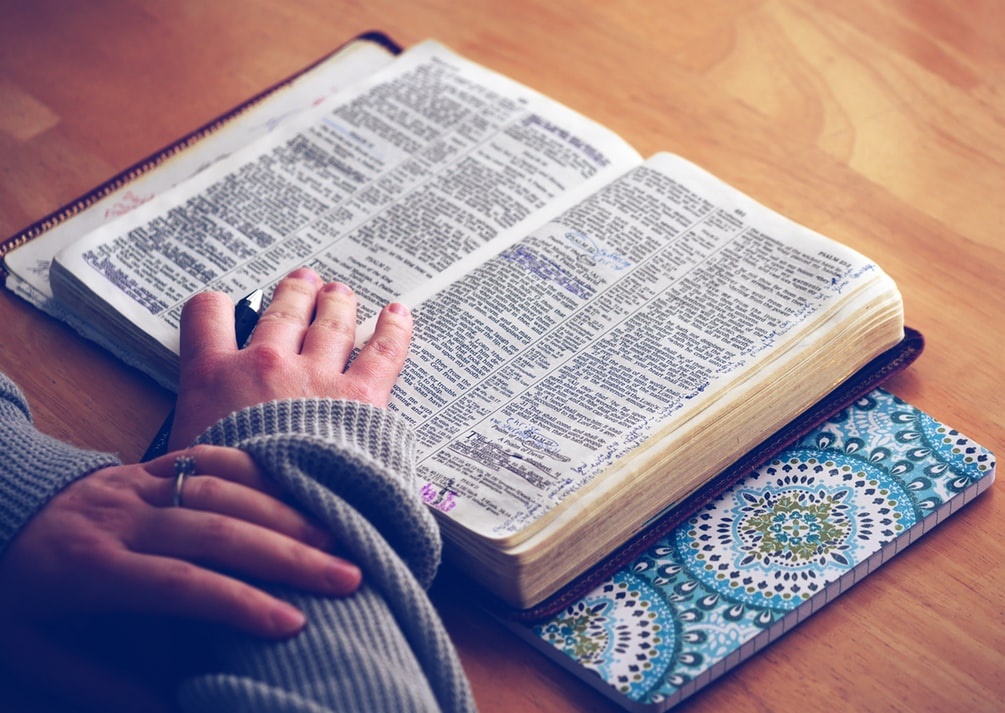But why do you call Me “Lord, Lord,” and not do the things which I say? (Luke 6:46, NKJV)
The words of an old hymn sometimes come to my mind and I begin to sing. The refrain goes like this:
Trust and obey, for there’s no other way
To be happy in Jesus, but to trust and obey.
(“Trust and Obey” by John H. Sammis, 1887)
As I hum the tune, I wonder about the writer’s pairing of the words trust and obey. To understand how the words relate, I checked their meaning and found this:
- Trust — “to rely upon or place confidence in someone or something” (dictionary.com).
- Obey — “to comply with or follow the commands, restrictions, wishes, or instructions of” (dictionary.com
When we have confidence in the one giving us the command or instruction, obedience becomes easier. We believe whatever they ask will be for our ultimate good.
A parent sets rules and restrictions to protect their child. Don’t run into the street. Don’t hang out with the wrong crowd. Finish your homework and then you can play. At other times parents offer instructions that benefit the child in life skills such as teaching table manners, how to perform chores, and how to handle money. Sometimes the child does not understand the parent’s rules or the reasons behind them. Or perhaps a rule conflicts with something the child wants to do, and they rebel. That’s when they learn disobedience brings consequences. But it does not mean the parent loves them any less. It’s the same with the commands the Lord gives us. They are based on His love and protection.
Man has struggled with obedience from Adam and Eve in the Garden of Eden until now. Disobedience takes many forms.
- King Saul’s disobedience came from impatience and pride (I Samuel 13:1-15).
- The children of Israel constantly murmured and complained (Exodus 5, 14, 15, and other passages).
- Moses obeyed but with an angry spirit when he struck the rock instead of speaking to it (Numbers 20:7-11).
But the Bible also gives us some wonderful examples of trust paired with obedience.
- Noah trusted God enough to build an ark to save his family (Genesis 6-7).
- Abraham trusted enough to place Isaac on the altar (Genesis 22).
- Shadrach, Meshach, and Abednego trusted enough to face the fiery furnace (Daniel 3).
Each faced an impossible life-or-death situation, but their trust remained strong. They did not waver in their obedience to God, and He proved faithful. Each man’s story assures us that despite the difficulty of the situation, regardless of what God asks us to do, we don’t have to fear. We just need to trust and obey.
But this is what I commanded them, saying, ”Obey My voice, and I will be your God, and you shall be My people. And walk in all the ways that I have commanded you, that it may be well with you.” (Jeremiah 7:23, NKJV)
Then in fellowship sweet
We will sit at His feet,
Or we’ll walk by His side in the way;
What He says we will do;
Where He sends, we will go,
Never fear, only trust and obey.
(Last verse of “Trust and Obey”)



Comments are closed.